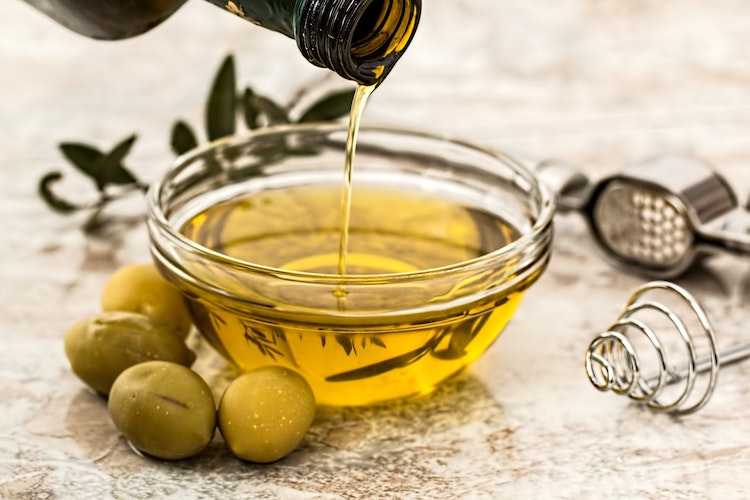The Alarming Truth: What Happens If You Eat Expired Olive Oil?
Written By James Morgan
For barbecue enthusiasts, olive oil is more than just a cooking medium; its a magical elixir that brings out the flavors and aroma of every grilled masterpiece.

What Happens If You Eat Expired Olive Oil?
First and foremost, let's address the burning question: what happens if you eat expired olive oil? Olive oil, unlike many other food products, doesn't become toxic after its expiry date. However, consuming it can have some unpleasant consequences.
Signs That Olive Oil Has Expired
- Rancid Smell: Expired olive oil usually emits a foul, off-putting smell.
- Altered Taste: The oil likely tastes sour or bitter instead of its usual smooth, rich flavor.
- Cloudy Appearance: Fresh olive oil is generally clear; expired oil might appear cloudy or separated.
Risks Associated with Consuming Expired Olive Oil
Eating expired olive oil is not likely to cause harmful side effects, but it's highly unpalatable and may ruin your BBQ dishes. The rancid flavor and odor can overpower the intended taste of your food, diminishing your grilling experience altogether.
Nutritional Value
Expired olive oil loses its nutritional value, including its antioxidants and beneficial fats. This means you will miss out on the health benefits that come with fresh olive oil.
Potential Discomfort
Although rare, stale olive oil might cause mild stomach discomfort or digestive issues for some people due to its degraded quality.

How to Prevent Olive Oil from Going Bad
Proper storage is essential to maintain the quality of your olive oil. Here are a few tips to ensure your olive oil remains fresh:
- Store It in a Cool, Dark Place: Light and heat accelerate the rancidity process. Keep your olive oil in a dark cupboard or pantry.
- Use Appropriate Containers: Store olive oil in dark glass bottles or stainless-steel containers to minimize exposure to light.
- Avoid Contamination: Always use clean utensils to prevent any external contaminants from entering the bottle.

Restoring Flavor with Fresh Olive Oil
One way to enhance your BBQ experience is by ensuring that you always use fresh, high-quality olive oil. Want to learn more about how to tell if olive oil is real? Check out this guide.

Storing Olive Oil Correctly
Correct storage can prolong the shelf life of olive oil. To learn the best ways to store olive oil, go through our helpful tips in this post.
Using Olive Oil for Salad Dressings
Another great use of olive oil is in making mouth-watering salad dressings. Discover some great recipes in this article.
Conclusion
While consuming expired olive oil may not bring about severe health issues, it's definitely something you should avoid for a more enjoyable BBQ experience. Stick to fresh, high-quality olive oil to get the most out of your culinary endeavors. Stay informed and make wise choices to keep your grilling flavors on point.
FAQs
Can expired olive oil make you sick?
While it's unlikely to make you seriously ill, consuming expired olive oil can lead to minor digestive discomfort for some people.
How can you tell if olive oil is expired?
Look out for a rancid smell, altered taste, and cloudy appearance to determine if olive oil has expired.
What should I do with expired olive oil?
You can repurpose expired olive oil for non-culinary uses, like polishing furniture or lubricating squeaky hinges.
How long does olive oil last?
Typically, olive oil lasts for about 18-24 months if stored properly in a cool, dark place.
Are there any health benefits to expired olive oil?
No, expired olive oil loses its nutritional value and health benefits.
Does olive oil need to be refrigerated?
No, just store it in a cool, dark place, away from light and heat to prolong its freshness.
As an Amazon Associate, I earn from qualifying purchases.
As an Amazon Associate, I earn from qualifying purchases.



